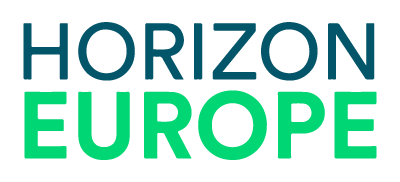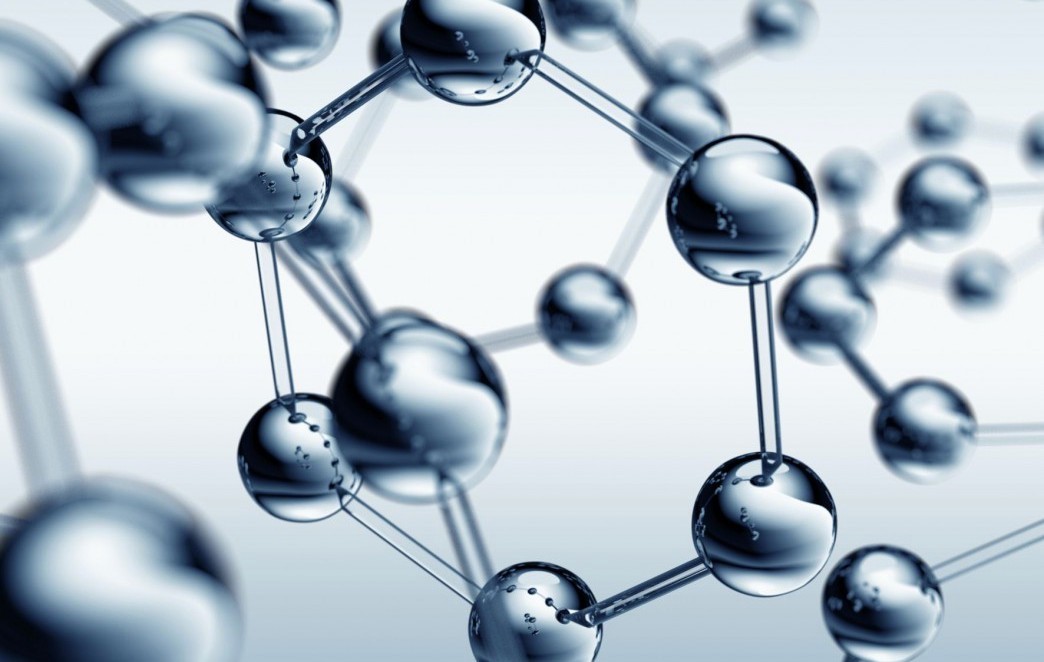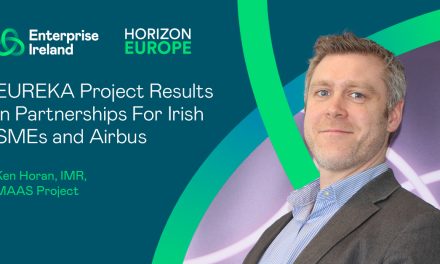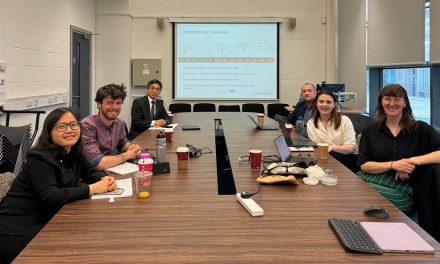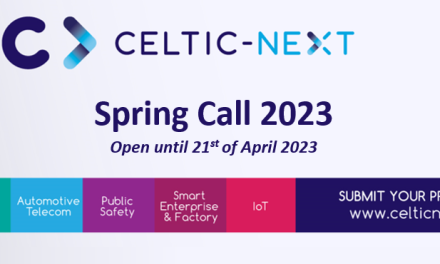NURITAS Case Study
Putting pep in your step
How have you built such a strong reputation?
Simply put, by consistently and repeatedly delivering on the potential of Artificial Intelligence (AI). The first example of this involved an ingredient for pre-diabetes which, based on the strength of its results, attracted support from Horizon 2020. This was quickly followed by collaborations with some of the world’s biggest and most innovative companies – like BASF, Nestle and Pharmavite. Most recently – just 18 months after we signed the agreement with BASF – together, we launched the world’s first healthcare ingredient discovered by AI. Many tech and biotech companies are shrouded in secrecy, but Nuritas’ achievements are there for all to see, and already creating impact.
Why are peptides the basis of your business? Peptides are in effect how the body communicates with itself. As intrinsic signalling molecules, they hold the key to modulating many biological processes involved not only in preventative health but also in the treatment of disease.
They have long been a target of new drug development, but traditional discovery methods take decades and the success rate is low. Pharma is the only industry that can realistically recoup the cost of such a haphazard approach, so other applications of peptides are rare to date.
That’s what makes us so disruptive. Our approach using AI has removed the barriers to discovery – reducing years to months and with 600 times the accuracy. What’s more, we look for peptides in food, which means that for large pharma business we can deliver a pipeline of new discoveries with improved profiles at far greater accuracy and speed. And for consumer health businesses that previously did not have the R&D expertise or resources, we are making possible a new world of natural ingredients with a level of science and IP protection that the industry has not previously seen.
Tell us about your Horizon 2020 project?
Our SME Instrument project is in the area of pre- diabetes. Using our AI platform, we have identified an ingredient that regulates glucose levels and prevents people at pre-diabetic stage developing full-blown diabetes. From the results we has seen thus far, we have been able to bring pre-diabetic people back to a ‘healthy’ state.
Having successfully tested in vitro and in vivo, we are now using the EU money to conduct large-scale human trials. The smart consumer is not just looking for good marketing, but strong science too. So we’re working towards providing evidence in the best possible way. The endpoint of the Horizon 2020 project is a submission for an EFSA article 13.5 health claim. With fewer than ten of these granted in history, this is a high target to aim for, but we believe we can meet the scientific rigour required. We have also used the progression of this pre- diabetic agent as a learning procedure, so the whole process and execution has driven a huge amount of internal value which will help us do things faster, quicker and better as an organisation.
How are you faring against your competitors?
While there are a small number of companies in the food and pharma space using AI; Nuritas is the only one using it to discover patented ingredients within food. We are also the first company to commercially launch a healthcare ingredient – pharmaceutical or food application – discovered by AI.
How scalable is the business going forward? The size of our market in preventative and curative treatments is literally worth trillions of dollars.
People are living longer, chronic illness is growing, there are epidemics like diabetes, for example, which take up 8 percent of Europe’s medical spend. So considering the industries we’re involved in,the business is massively scalable. Nuritas’ mission is to positively impact billions of lives and in doing that, we expect to be a multi-billion-dollar organisation within a very short space of time. This is not just an aspiration. It is being demonstrated in the collaborations that we have initiated, the funding we’ve received and the investors that we have on board.
